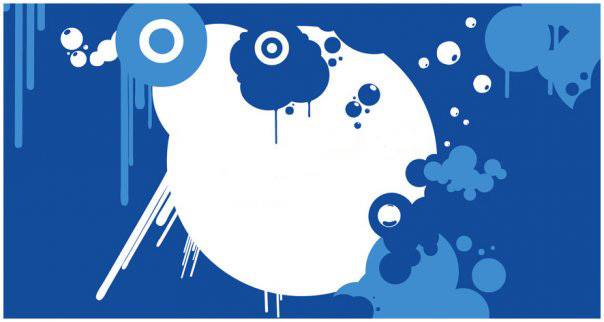Leon Grinberg / “Dreams and Acting Out”
The article by Leon Grinberg, titled “Dreams and Acting Out,” published in the Psychoanalytic Quarterly in 1987, explores the complex relationship between dreams and the phenomenon of acting out within psychoanalytic theory and clinical practice. Grinberg proposes a nuanced framework for understanding different types of dreams and their inverse relationship to acting out behaviors. His discussion integrates Freudian and post-Freudian psychoanalytic thought, providing insights into the dynamic processes of the psyche as observed in psychoanalytic treatment.
Grinberg categorizes dreams into three main types:
evacuative, mixed, and elaborative, based on their functions and characteristics:
- Evacuative Dreams: These are primarily observed in patients with regressive tendencies, such as those with borderline or psychotic features. Evacuative dreams serve to discharge unbearable affects, fantasies, and object relations, acting as a mechanism to relieve psychic tension. Such dreams are characterized by primitive symbolism and often coincide with regressive defense mechanisms. Grinberg suggests that these dreams represent attempts to evacuate contents into external objects, acting as containers, such as the analyst in a therapeutic setting.
- Mixed Dreams: Mixed dreams contain elements of both evacuative and elaborative functions. They exhibit both the discharge of unwanted affects and a beginning of working through, with depressive aspects and a sense of guilt present in the manifest content. Mixed dreams indicate a transition phase where the dreamer starts to engage with internal conflicts at a deeper level, moving towards more constructive psychic processes.
- Elaborative Dreams: These dreams are more advanced in terms of psychic functioning and are characterized by the presence of secondary process thinking. Elaborative dreams contain depressive and reparatory elements with a clear tendency towards working through internal conflicts and traumas. Grinberg posits that these dreams reflect the dreamer’s growing capacity for insight, integration, and the internalization of the analytic process.
Grinberg’s discussion extends to the role of dreams in the psychoanalytic process, emphasizing their importance as clinical indicators of the patient’s level of regression, capacity for insight, and progress in treatment. He integrates concepts from Freud, Melanie Klein, and Bion, among others, to elaborate on the transformative power of dreams in facilitating psychic work and working through.
The relationship between dreams and acting out is further explored, with Grinberg noting that a greater production of dreams, particularly elaborative ones, is inversely related to the tendency to act out. Acting out is seen as a failure to process and integrate painful emotions and experiences through psychic work, leading to their enactment in behavior. Grinberg illustrates this dynamic with clinical examples, demonstrating how understanding and working with dreams can provide crucial insights into the patient’s internal world and facilitate therapeutic progress.



